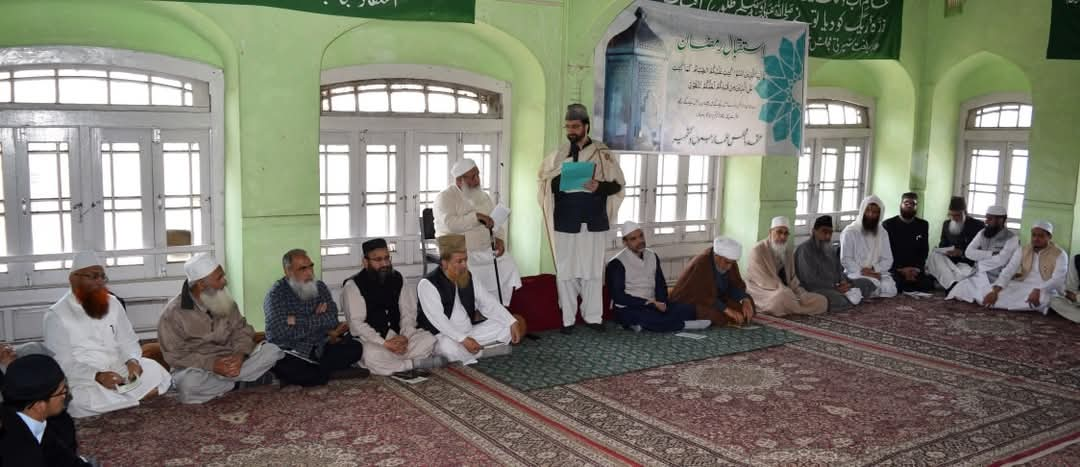A Division Bench of High Court of Jammu & Kashmir and Ladakh comprising Justice Sanjeev Kumar and Justice Moksha Khajuria Kazmi has held that Deputy Commis-sioner/ District Collector is neither the Government nor the authority competent to record the satisfaction as to whether a particular land is needed for public purpose or not as mandated under Section 6 of J&K Land Acquisition Act, 1990.
The DB was hearing a plea in terms of which the petitioner had assailed the acquisition of their land by the respondents alleging that it was not for public purpose but on account of mala fide intentions. The petitioners argued that for the issuance of declaration under Section 6 of the Act, recording of satisfaction by the Government is sine qua non and in the instant case Section 6 notification was issued by the District Collector, purportedly in the exercise of powers delegated to him, however, such delegation was not permissible.
The DB observed, “it is true that declaration under Section 6 to the effect of land needed for public purpose can be made under the signature of the Revenue Minister or some other officer(s) duly authorized on his behalf and it is equally true that in the exercise of powers conferred under Section 6(1), the Government has authorized Financial Commissioner (Reve-nue), Divisional Commissioners and Deputy Commissioners within their pecuniary jurisdiction to exercise the powers conferred by Section 6 and 7 of the Act”.
“The issuance of declaration by the District Collector, Srinagar, in terms of its Notification No. 25/DCS of 2011 dated 10.10.2011, cannot be found fault with as the same is within the jurisdiction and competence of Deputy Commissioner (District Collector), Srinagar”, the bench maintained. However, the DB clarified that the satisfaction that any particular land is needed for public purpose is to be recorded by the Government and Section 6 or for that matter, any other provision of the Act, does not permit delegation of such power by the Government to any other authority or officer.
Buttressing this position of law, the bench found it worthwhile to record the observations of a Division Bench judgment of the High Court in Virender Pandoh Vs. State of J&K & Others (2021) wherein it was observed, “the Deputy Commissioner has been delegated with the power of the Revenue Minister to make a declaration under Section 6(1) of the Act but the power exercisable by the Government for recording satisfaction as to whether the land is needed for public purpose or not has not been delegated obviously as it is not delegable”.
Affirming that District Collector, Srinagar, is not the Government either under Jammu and Kashmir General Clauses Act nor could it be so construed in terms of the Business Rules framed by the Government under Section 43 of the Constitution of Jammu and Kashmir, as it was applicable at the relevant point of time, the bench remarked, “without going much deeper into the issue, suffice is to say that the Deputy Commissioner/District Collector is neither the Government nor the authority competent to record the satisfaction as to whether a particular land is needed for public purpose or not”.
Accordingly, the petition was allowed and the impugned Section 4(1) notification dated 20th April, 2011 and Section 6 and 7 notification issued by the District Collector, Srinagar vide order dated 10.10.2011 were quashed. All subsequent proceedings for acquisition undertaken by the respondents were also declared non-est in the eye of law.









